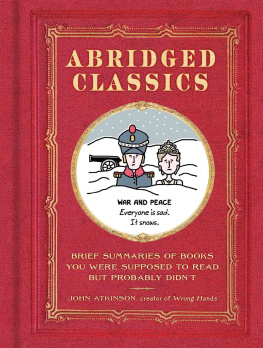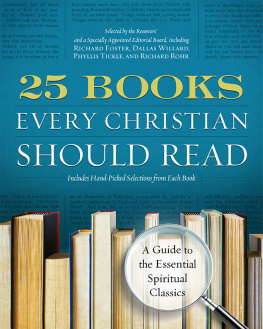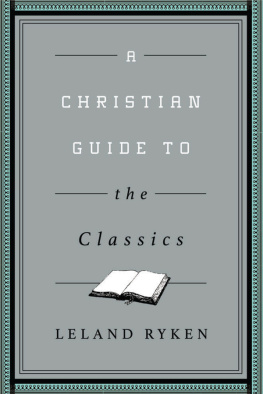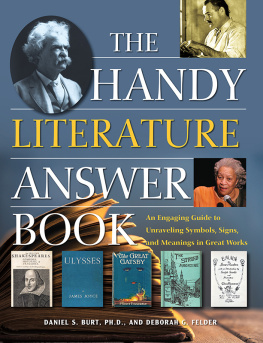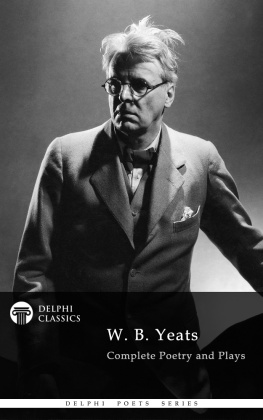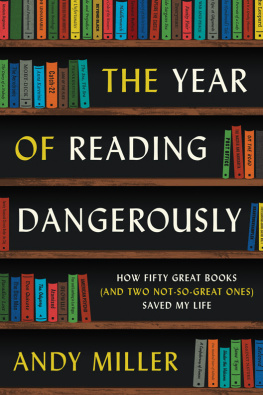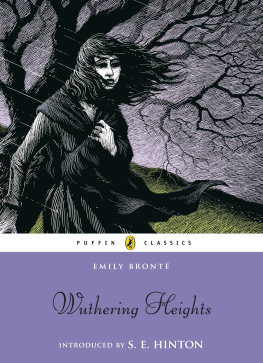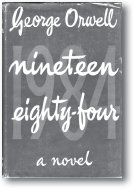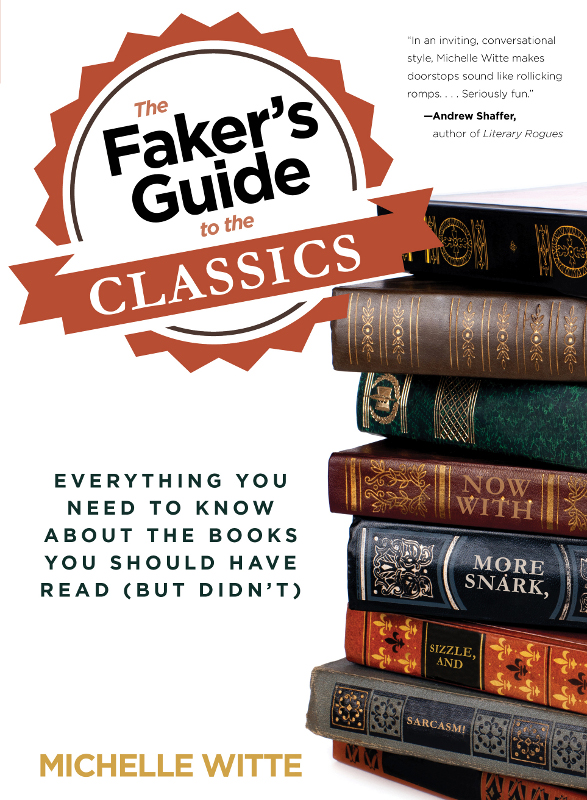
Copyright 2013 by Michelle Witte
All rights reserved. No part of this book may be reproduced or transmitted in any form by any means, electronic or mechanical, including photocopying and recording, or by any information storage and retrieval system, except as may be expressly permitted in writing from the publisher. Requests for permission should be addressed to Globe Pequot Press, Attn: Rights and Permissions Department, P.O. Box 480, Guilford CT 06437.
Lyons Press is an imprint of Globe Pequot Press.
Text design: Sheryl Kober
Layout: Casey Shain
Project editor: Ellen Urban
Library of Congress Cataloging-in-Publication Data is available on file.
ISBN 978-0-7627-9546-8
Although the author and publisher have endeavored to ensure that the information provided herein is complete and accurate, they shall not be held responsible for loss or damage of any nature or negative reactions from people with broken satire and parody meters. Those should be taken for immediate repair to a shop that specializes in intelligence, irony, sarcasm, and subtlety. At-home performance can be improved by reducing your intake of sitcoms and reality TV.
I dedicate this to the one I love. When I find him, that is. Hey, Darcy, if things dont work out with Lizzie, gimme a call. How about you, Ladislaw? Anyone? (But not you, Humbert Humbert. You creep me out.)
Spoiler Alert!
This book is one giant spoiler. Open it, and you will see details of what happens in each work, their endings laid out nice and neat like church clothes. But thats the genius of it, really. Youre not in high school anymore, so why force yourself to maintain a reading list that would bore even hardcore lit majors to uncontrollable tears? Oh, Dostoyevsky, why must you torment us so? However, if you are in high school, do all of your assigned readingeven the really long and boring ones. Its good for you, like spinach and the dentist.
But thats where The Fakers Guide to the Classics comes in handy. Some of these texts are painfully dull on their own. Who wants to add to that by reading even drier and more boring synopses and discussion points? Lets be real. You dont have time for thousand-page tomes anymore. Even if you enjoy many of the classics, some just wont strike your fancy or even mildly interest you. For those books, a quick and dirty overview of the nitty-gritty is what you need. Youve got the plot and ending right here. No need to wonder who exactly Doctor Zhivago is anymore just flip to . See? Easy peasy.
Please note: I am an avowed lover of the classicsor at least lots of them. The inspiration for this book struck in a moment of weakness when I wondered whether to read some of the great but endlessly depressing Russian novels. I wanted to know what they were about and how they ended, but I had no desire to read them. Even Wikipedia takes too long. Ten pages of summary to tell us that the brothers Karamazov all hate each other and their dad? Uh, no thanks. I wanted someone to tell me straight-up what happens without a lot of unnecessary details or obscure plot distractions. Tragically, as the author of this book, Ive since had to read those Russian bricks masterpieces. I took some bullets for you. Dont let my agony go to waste. Strangely, some people actually enjoy Russian literature, but I am not of their number. Others dont like gothic novels or Victorian lit, which I devour whenever I can. As with all literature, its a matter of taste. Some books just taste better than others. Nomnomnom <burp>. Excuse me.
Disclaimer
The Fakers Guide to the Classics takes absolutely zero responsibility for any homework assignments or book reports that might lazily derive from this work, or the jaw-dropping grades that might ensue.
No-duh Statements
1. Yes, authors write fiction about events that happened a really long time ago. As in, years before the writers were little fetuses doing the backstroke in amniotic fluid. James Fenimore Cooper? Not alive during the time of The Last of the Mohicans. He was born in 1789, and Mohicans wasnt published until 1826, about seventy years after the storys events. A little bit of a time difference.
2. Historical fiction isnt history, which means you cant always believe a writers creative and artistic version of historical events. Take, for instance, The Crucible. Oh, yes, the Salem witch trials happened, but there was no revenge plot from a jilted lover. Sorry to burst that bubble. Hey, even Arthur Miller admits that he ignored facts in favor of fiction: A playwright has no debt of literalness to history. So youre saying that there arent really dinosaurs in the center of the Earth? Great. I just put down a deposit on an all-inclusive Center of the Earth cruise.
If you were hoping to read some of the classics to help with a history test, bzzzt! You lose! So drop the notion that the classics present an accurate portrayal of people and events. Authors have to spice things up a bit, dont they? Toss in a few extramarital affairs, kill off some people who dont die until much later its all fair game.
3. Movies arent usually a good representation of whats in the book. In fact, they frequently change enough material that they shouldnt really be described as based upon the book at all. Its more like: The characters have the same names, and the events are somewhat similar, but nothing else is even close. Or, if you like: The director thought he could improve on a time-tested classic but only succeeded in making a total mess of it. If you were hoping to pass a literature class by watching the movie instead of the book, youre in a whole lotta hot water, bud. Most books-to-movies arent even close.
Which reminds me: Thank you, Walt Disney, for massacring The Jungle Book. () Didnt even bother reading it, did you? (He really didnt, and he told the writers not to crack the binding on the book, either: The first thing I want you to do is not to read it.)
Banning Is Fun!
Well, kids, its time to dig out those dusty old doorstoppers and do some dull, dry reading before your English lit test in, oh, four hours. These books are soooo snooze-worthy its a wonder anyone can sit through an entire novel without dying of boredom. I mean, its astounding that people in the past read at all, right?
Heck no! Most of these boring old classics were incendiary in their dayand not just when some book banner tossed one on the fire. Get past the archaic language, and youll find a treasure trove of naughtiness. Looking for a bit of sexytimes between the pages? Trot over to Canterbury, where the tales bubble with outrageous acts like tricking someone into kissing a bare derriere and scorching someone elses backside with a red-hot poker. Yikes!
For a splattering of violence, Lord of the Flies should hit the spot: rampage, murder, kids killing kids, society devolving into chaos. Why, its almost like Golding was commenting on and condemning murder and war nah. Any book that portrays violence must celebrate it, non? To make things more interesting, lets ban books for contradictory reasons. Say with Steinbecks Of Mice and Men, which holds the dubious honor of being challenged by both the KKK and the group 100 Black United. Yknow, it takes talent to make everyone hate you. Bravo, Johnny boy!


